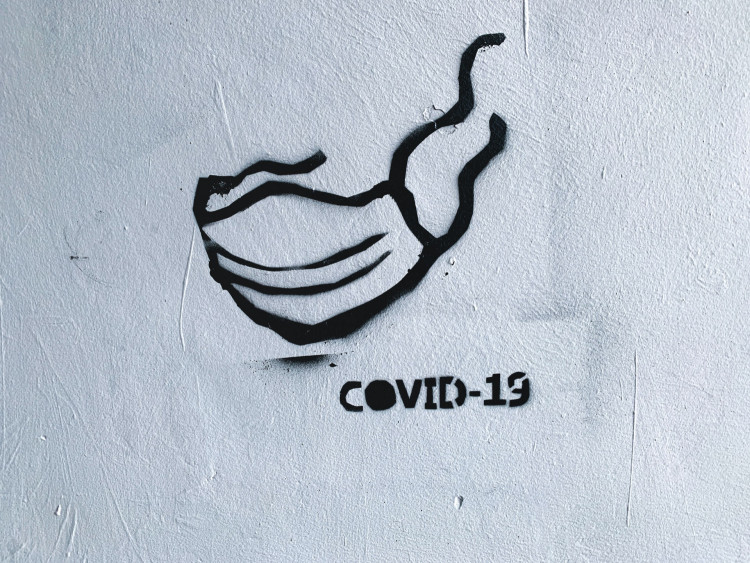COVID-19 vaccines are effective at keeping you safe. And, according to the Centers for Disease Control and Prevention, people who have been fully vaccinated can resume activities that they had put on hold due to the pandemic.
Other people's vaccination status or whether they are at elevated risk for severe COVID-19 are possibly unknown in indoor public spaces.
As a result, fully vaccinated individuals should continue to wear a mask that fits snugly against the sides of the face and has no holes, cover coughs and sneezes, wash hands often and follow all applicable workplace or school guidelines.
Once you've been fully vaccinated, these guidelines will help you make choices about your everyday activities. They are not intended for use in healthcare settings, according to the CDC.
Who is considered fully vaccinated?
It is important to know which type of vaccine you got to determine if you are fully vaccinated.
For vaccinations that need two doses, such as the Pfizer-BioNTech and Moderna vaccines, you are considered fully vaccinated two weeks after receiving the second dose.
For the Johnson & Johnson vaccine, which is administered in a single dose, you are considered completely vaccinated two weeks after receiving the dose.
You are not considered fully vaccinated until you have completed the mandatory two-week waiting period and must continue to take all precautions, including wearing a mask.
It's also worth noting that if you have a medical condition or are taking medication that weakens your immune system, even if you're completely vaccinated, you're not fully protected. In this scenario, you must continue to wear a mask at all times.
Vaccines WORK
The vaccines' clinical and real-world evidence is now reasonably evident: They are extremely successful at keeping COVID-19 at bay.
The clinical trials found that the two-shot Moderna and Pfizer/BioNTech vaccines had efficacy rates of 95% or higher, while the one-shot Johnson & Johnson vaccine had an efficacy rate of more than 70%. In addition, the vaccines reduced the risk of hospitalization and death to near zero.
This is supported by real-world evidence. The Pfizer/BioNTech vaccine has been shown to be more than 90% effective at preventing infections in Israel, the country with the most advanced vaccination campaign, with even higher rates of preventing symptomatic illness, hospitalization and death.
This can be seen in the country's overall statistics: Following the nearly complete reopening of Israel's economy in March, and after the majority of the population had received at least one dose, daily new COVID-19 cases dropped by more than 95%. And daily deaths are now in the single digits, if not zero.
Why continue to wear a mask?
Unfortunately, getting vaccinated does not enable us to return to our previous lives in an instant. The vaccine is now just another layer of defense against COVID-19 until we have some sort of herd immunity.
To achieve herd immunity, we would need to vaccinate 50% to 80% of the population. And, since ramping up production and delivery of the vaccines would take time, experts advise people to manage their expectations of a rapid return to normalcy.






